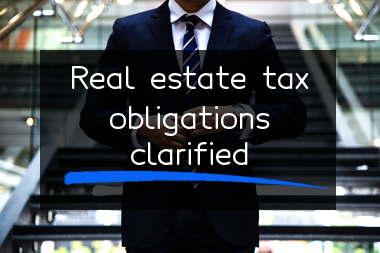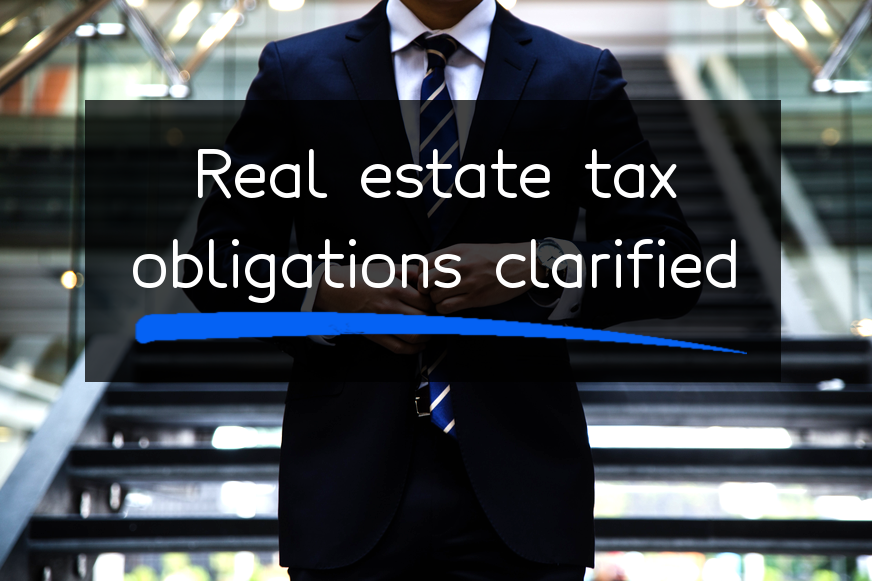Real estate investors may owe self-employment taxes under certain circumstances. Self-employment taxes apply to income that is earned through a trade or business that is carried out by an individual or a partnership. If an individual or partnership is engaged in the business of buying, selling, or renting properties, then they may be considered self-employed and subject to self-employment taxes.
Real estate investors who are classified as passive investors are not subject to self-employment taxes. Passive investors are those who invest in properties for long-term appreciation or rental income, but do not actively participate in the management or operation of the properties. However, real estate investors who are actively involved in the management or operation of their properties may be deemed self-employed and owe self-employment taxes.
Real estate investors who are considered self-employed must pay both the employer and employee share of FICA taxes, which includes Social Security and Medicare taxes. The current rate for self-employment taxes in 2021 is 15.3%, which is calculated as 12.4% for Social Security and 2.9% for Medicare.
Overall, whether real estate investors owe self-employment taxes depends on the extent of their involvement in the management and operation of their properties. It is important for investors to consult with a tax professional to determine their tax obligations.
Do Landlords Owe Self-Employment Taxes?
Whether or not landlords owe self-employment taxes depends on the type of income they receive from their rental properties.
If a landlord only receives rental income, then they do not owe self-employment taxes. Rental income is generally considered passive income, and is not subject to self-employment tax. Instead, rental income is subject to regular income tax.
However, if the landlord also engages in significant property management activities, such as maintenance and repair of the rental property or advertising and seeking tenants, then they may be considered to be in the business of renting real estate. In this case, the income they receive from renting their property would be considered self-employment income and they would owe self-employment taxes on that income.
In general, the determination of whether rental income is considered passive income or self-employment income depends on the level of involvement and activity the landlord has in managing the rental property. If the landlord is actively involved in managing and improving the property, then they may be considered self-employed and subject to self-employment taxes.
What About Vacation Rental Owners?
Vacation rental owners who own and operate their properties as a business are typically considered self-employed. Therefore, they may be required to pay self-employment taxes on their rental income.
Self-employment taxes are Social Security and Medicare taxes that are paid by individuals who work for themselves, including independent contractors, freelancers, and sole business owners. Vacation rental owners who earn more than $400 in rental income per year are subject to self-employment taxes.
However, there are some exceptions. For example, if the vacation rental owner rents their property for fewer than 15 days per year, they may not have to pay self-employment taxes. Additionally, if they are actively involved in managing their rental property, they may be able to deduct some of their expenses and lower their self-employment tax liability.
Overall, it is important for vacation rental owners to consult with a tax professional to determine their specific tax obligations and deductions.
Do House Flippers Owe Self-Employment Tax?
House flippers are individuals or companies that buy properties intending to renovate, improve, and resell them for a profit. As self-employed individuals, house flippers are subject to self-employment tax.
Self-employment tax is a federal tax that applies to individuals who work for themselves, including sole proprietors, partners, and independent contractors. It is intended to fund the Social Security and Medicare programs.
The self-employment tax rate is currently set at 15.3%, with 12.4% going towards Social Security and 2.9% towards Medicare. House flippers must pay this tax on their profits from house flipping activities.
However, there are some deductions available to house flippers that can reduce their self-employment tax liability. For example, they may be able to deduct expenses related to purchasing and fixing up the property, as well as any fees paid to real estate agents or attorneys.
In summary, house flippers owe self-employment tax on their profits from house flipping activities. However, they may be able to reduce their tax liability through deductions and other tax planning strategies.
How Is Real Estate Crowdfunding Income Taxed?
Real estate crowdfunding is taxed as investment income and subject to income tax. Investors who participate in real estate crowdfunding typically receive income in the form of dividends or interest payments. These payments are subject to federal income tax and state income tax, where applicable. The tax rate for investment income can vary, depending on the investor's income level and the type of investment.
Real estate crowdfunding platforms typically provide investors with tax documentation, such as a 1099-C or a K-1 form, detailing the investment income earned from their crowdfunding investments. The amount of investment income reported on the tax documentation will be included in the investor's overall income and taxed accordingly.
In addition to income tax, investors may also be subject to capital gains tax if they sell their crowdfunding investments for a profit. The capital gains tax rate will depend on the length of time the investor held the investment and their income level.
Overall, real estate crowdfunding offers investors the opportunity to earn investment income, but it's important to understand the tax implications of these investments and factor them into your investment decisions. Seeking the advice of a tax professional can help investors ensure they are properly reporting their investment income and minimizing their tax liability.
Tips to Save Money on Taxes as a Real Estate Investor
- 1Keep accurate and organized records: Keeping accurate and organized records will make it easy for you to identify opportunities to save money on taxes. You can take advantage of tax deductions, credits, and exemptions that have been implemented by the government.
- 2Take advantage of depreciation: As a real estate investor, you can use depreciation to reduce your taxes. Depreciation allows you to take a portion of the cost of your property and deduct it from your taxes.
- 3Deduct expenses: Be sure to deduct any expenses that are related to your real estate investments, such as property taxes, mortgage interest, maintenance, repair costs, insurance, and so on. All of these expenses can be used to reduce the taxes you owe.
- 4Use a 1031 exchange: A 1031 exchange allows you to defer taxes on the gains you make from the sale of one property by reinvesting the profits into another property. This strategy will reduce your taxes in the long run by deferring the payment of taxes on capital gains.
- 5Hire a tax professional: A tax professional can help you identify opportunities to save money on taxes. They have the knowledge and experience to evaluate your financial situation, identify deductions and credits you may be eligible for, and offer advice on how to maximize your tax savings.
- 6Consider forming a limited liability company (LLC): An LLC can potentially offer additional tax benefits compared to a sole proprietorship or partnership. An LLC offers flexibility in the way it is taxed, which can help save money on taxes.
- 7Stay up-to-date on tax laws: As tax laws change periodically, staying current with them will help you identify opportunities for tax savings. This can be done by attending tax seminars, reading blogs, or speaking with a tax professional.
Just one more thing: if you liked the article, please like us on social media and share this article with friends.



